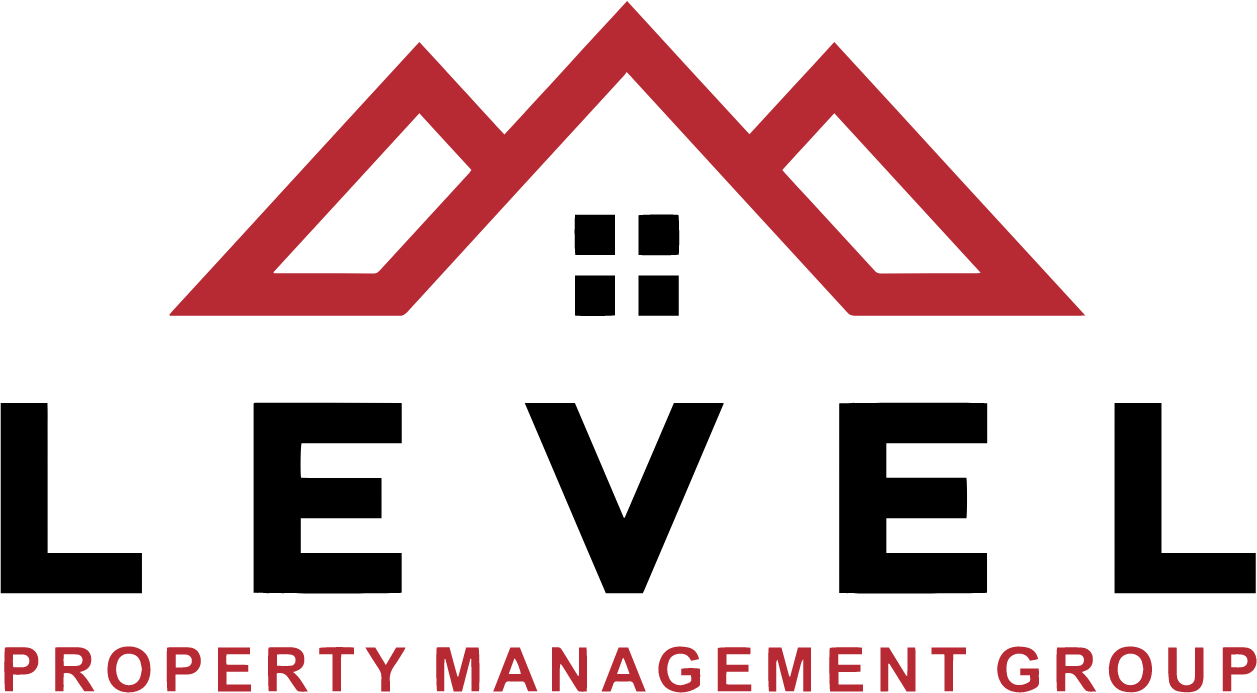When it comes to managing a residential community, the decision to hire a property management company is a significant one. Two common approaches are HOA (Homeowners Association) management and traditional property management. While both options serve the purpose of maintaining and overseeing properties, they cater to different needs and structures. At Level Property Management, we understand that every community has unique requirements. In this blog, we’ll explore the key differences between HOA and traditional property management to help you determine which option is right for your community.
1. Understanding HOA Management
HOA management focuses on working closely with a homeowners association to manage and maintain a community’s common areas, enforce rules and regulations and handle administrative tasks. In an HOA-governed community, residents are bound by covenants, conditions and restrictions (CC&Rs), which outline the community standards everyone must follow.
Key Responsibilities of HOA Management:
- Rule Enforcement: One of the primary functions of an HOA management company is to ensure that homeowners comply with the CC&Rs. This includes making sure lawns are maintained, homes meet aesthetic standards and parking regulations are followed.
- Maintenance of Common Areas: HOA managers oversee the upkeep of shared spaces, such as clubhouses, swimming pools, playgrounds and landscaping within the community.
- Financial Management: HOA management companies are responsible for collecting association dues, managing budgets and handling reserve funds to ensure the community remains financially healthy.
- Dispute Resolution: HOA management helps mediate conflicts between homeowners, ensuring disputes are resolved in accordance with the community’s guidelines.
In short, HOA management caters to communities that want to maintain a certain standard of living by enforcing rules and managing shared spaces. It’s ideal for communities that value consistency in appearance and lifestyle, as well as those that have multiple shared amenities.
2. Understanding Traditional Property Management
Traditional property management focuses on overseeing individual rental properties or complexes, often on behalf of landlords or investors. These management companies handle day-to-day tasks related to rental properties, such as finding tenants, collecting rent and maintaining the properties. Unlike HOA management, traditional property management is usually not concerned with enforcing community-wide rules and regulations but instead focuses on the operational aspects of managing rental units.
Key Responsibilities of Traditional Property Management:
- Tenant Relations: Traditional property management companies handle all aspects of tenant relations, including lease agreements, tenant screenings, and rent collection.
- Property Maintenance: From routine repairs to emergency maintenance, traditional property managers ensure that rental properties are well-maintained, keeping them in top condition to attract and retain tenants.
- Financial Oversight: Property managers handle the financial side of property ownership by collecting rent, paying property-related expenses and ensuring that the property owner’s investments are protected.
- Marketing and Leasing: Traditional property management companies are responsible for advertising rental properties, showing units to prospective tenants and signing lease agreements.
Traditional property management is ideal for landlords who own rental properties or investors with portfolios of single-family homes, multi-family units or apartment complexes. The goal is to maximize rental income while ensuring the property is maintained and the tenants are satisfied.
3. How to Choose the Right Management for Your Community
Deciding between HOA management and traditional property management comes down to the specific needs of your community. Here are some key factors to consider:
Size and Type of Community:
- If you live in a community with shared amenities such as pools, parks, or clubhouses, and you want to ensure a consistent aesthetic and lifestyle standard, HOA management may be the better fit.
- For landlords or investors managing multiple rental properties without shared amenities, traditional property management is likely the more appropriate choice.
Level of Involvement:
- Homeowners who value having a say in how their community is managed often prefer HOA management, as residents are typically members of the HOA board and work closely with the management company.
- Property owners who want a hands-off approach to tenant management and property maintenance may find traditional property management more appealing, as the company handles all day-to-day operations.
Community Goals:
- If maintaining a certain level of uniformity, appearance, and community rules is essential, HOA management is the best option. These companies enforce guidelines that maintain property values and community standards.
- For property owners focused on maximizing rental income and ensuring tenant satisfaction, traditional property management provides the expertise needed to manage rental properties effectively.
Choosing between HOA management and traditional property management depends on the structure, goals and specific needs of your community. At Level Property Management, we specialize in both types of management and can help guide you in selecting the best approach for your community. Whether you’re looking to uphold strict community standards or efficiently manage rental properties, our experienced team is here to provide tailored solutions. Contact us today to discuss how we can help achieve your community’s goals.

